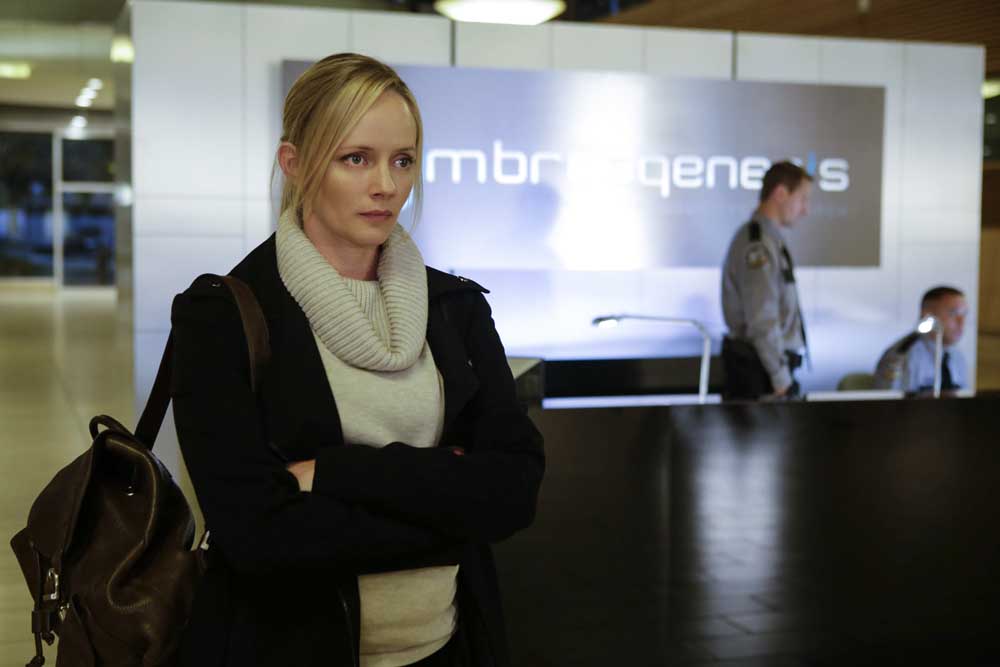What happens when we can’t reproduce?
Published 12:00 am Saturday, July 19, 2014

- Submitted photoMarley Shelton stars in “The Lottery,” premiering Sunday on Lifetime.
Television sure seems eager to end life as we know it, or at least disrupt it catastrophically. On Sunday, even the normally soft and weepy Lifetime channel joins in with “The Lottery,” a new series that postulates a world in which human beings can no longer reproduce the old-fashioned way.
You’ll recall that prime time already has a world in which a chunk of the population has vanished (“The Leftovers,” on HBO); one in which a mysterious dome has isolated an entire town (“Under the Dome,” on CBS); two in which viruses are creating havoc (“The Last Ship” on TNT and “The Strain”on FX); and more.
It’s not clear why the people who make TV shows have all decided to loathe humanity at the same time, but if you like these kinds of shows, Lifetime’s contribution to the genre is certainly intriguing. The premise sets it apart, the premiere promises a lot of plot wrinkles and a fast pace, and the acting (with a few exceptions) is decent.
“The Lottery” (not to be confused with the famed Shirley Jackson short story) is set in 2025, and the world has been through a lot. In 2016, birthrates began to plummet. “In 2019, only six children were born,” we’re told. “They were the last ones.”
But a scientist, Alison Lennon (Marley Shelton), and her team in a government lab make a breakthrough and manage to fertilize 100 eggs. This brings out the creepy side of the bureaucracy, and specifically of the United States Fertility Commission, which is led by a menacing fellow named Darius Hayes (Martin Donovan). Why is it that whenever humanity is threatened with annihilation, the percentage of sinister people in powerful positions skyrockets? Where are all the altruistic leaders in times of global-extinction crisis?
Anyway, the government first tries to wrench the fertility project from Lennon, but by the end of the episode, the president has intervened, sensing a public relations opportunity. Yul Vázquez makes as wooden a president as the United States has had in some time, but his character does make the pivotal decision necessary to drive the plot: The fertilized eggs will be awarded to willing surrogates by lottery.
While all this is going on, Kyle Walker (Michael Graziadei), the father of one of those six children born back in 2019, is being hassled by the government as well. Can’t a single dad just raise his son in peace?
The opening episode establishes these two plot strands nicely, leaving plenty of places for the writers to take this series (which only starts out with a premise reminiscent of the P.D. James novel “The Children of Men”; the similarities end there). Interesting ideas are floated about how the world might react to the loss of the ability to reproduce. Women — Lennon among them — especially seem to grow a little unhinged, going to extreme lengths to try to defy the odds and become pregnant the traditional way.
The societal disruption extends to all ages. When Kyle’s son seems to be having problems at school, he asks the boy what the trouble is. “Everybody’s bigger than me,” the kid says. Because, of course, they’re all older.
Who knows what’s ahead for this lad and everyone else in the show, but the premiere certainly leaves you curious to find out.






